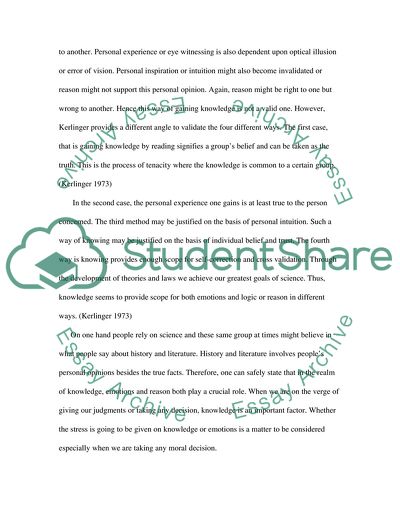Cite this document
(Justification of Moral Decisions Essay Example | Topics and Well Written Essays - 1750 words - 5, n.d.)
Justification of Moral Decisions Essay Example | Topics and Well Written Essays - 1750 words - 5. https://studentshare.org/ethics/1544887-are-reason-and-emotion-equally-necessary-in-justifying-moral-decisions
Justification of Moral Decisions Essay Example | Topics and Well Written Essays - 1750 words - 5. https://studentshare.org/ethics/1544887-are-reason-and-emotion-equally-necessary-in-justifying-moral-decisions
(Justification of Moral Decisions Essay Example | Topics and Well Written Essays - 1750 Words - 5)
Justification of Moral Decisions Essay Example | Topics and Well Written Essays - 1750 Words - 5. https://studentshare.org/ethics/1544887-are-reason-and-emotion-equally-necessary-in-justifying-moral-decisions.
Justification of Moral Decisions Essay Example | Topics and Well Written Essays - 1750 Words - 5. https://studentshare.org/ethics/1544887-are-reason-and-emotion-equally-necessary-in-justifying-moral-decisions.
“Justification of Moral Decisions Essay Example | Topics and Well Written Essays - 1750 Words - 5”. https://studentshare.org/ethics/1544887-are-reason-and-emotion-equally-necessary-in-justifying-moral-decisions.


